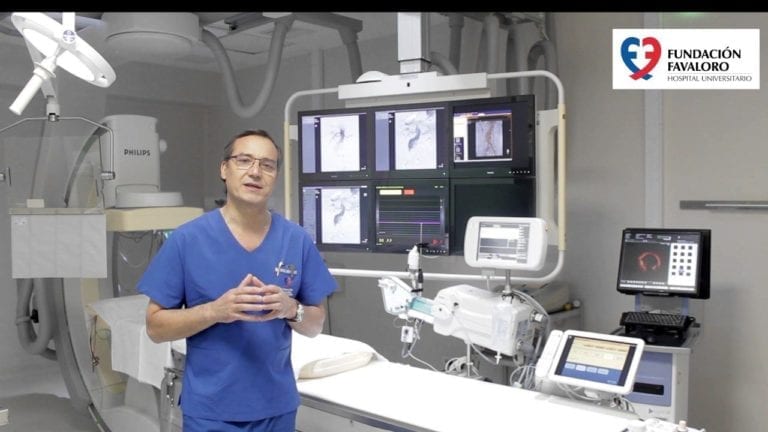Understating the Healthcare system in Argentina
When traveling to a country like Argentina for a long period of time (90+ days) there’s always the question about health care. What if something happens? We want to know that we won’t be paying off medical bills for the rest of our lives.
The good news about coming to Argentina is that about 50% of Argentinians use free public healthcare… *But I’m not an Argentinian* you may be thinking. However, health care is free for EVERYONE. Yes, that includes you. The only thing you pay for is your medication, should you need it. This includes any Covid19 treatment.
So the healthcare system in Argentina is divided into 3 sectors:
-
Public sector
-
Social plans
-
Privatized healthcare
The public sector plans are used by half the population here. This is absolutely free healthcare for anybody in Argentina. The social plans are for union workers used by about 45% of the population. The other 5% uses privatized healthcare. In general, the private healthcare is going to be the best, but it’s also the most expensive.
Before you arrive you might want to take a look at the Center for Disease Control website. They keep it up to date on what vaccinations you’ll need while you’re here. Also look at the surrounding countries if you’re planning on travelling around South America for a bit. Call your healthcare provider and tell them about your trip and what vaccinations you’ll need. Sometimes they’ll have you talk to someone who specializes in diseases in whatever area you’re traveling to about your travel plans and tell you if there’s any other shots or medications you may need to get or take with you (for example I went to the Amazon before coming here and I was sent with medication to prevent Malaria while I was there).
Ok so as far as insurance goes, it’s a good idea to get travel insurance before coming here. Travel insurance usually includes medical insurance as well. You should purchase it shortly after booking your trip to cover preexisting conditions. Use a website that will compare the benefits of different policy offerings from a variety of companies. Some of these are www.insuremytrip.com or http://www.am-best.com or really any other site similar to that. It’s kind of like Skyscanner or Kayak, but instead of comparing flights, you’re comparing insurances.
Some things to think about while searching:
Do you have a lot of prepaid nonrefundable expenses that you need to insure (flights, cruises, etc.) or are you primarily interested in healthcare? For most of us, it will be the latter, and if that’s the case the insurance will be more reasonably priced. Usually, you can get policies valid up to a year. They will ask you where you are traveling to, how long, how old are the travelers, where your primary residence is, etc. All of these affect the price.
While you’re here there will be plenty of options for healthcare should you need it. The public hospitals are very common all around the city and you won’t have to pay for them.
So it’s the right price but what type of quality am I receiving?
According to www.justlanded.com, a company that provides information for expatriates, in Argentina “Most hospitals have highly-trained personnel, many of whom have studied abroad. In some parts of the country, the hospitals may not have the most up-to-date equipment, but what is available is adequate for emergency situations.” So you’ll be provided with the healthcare you need.
But what if you get the flu and want medications to make you feel better while you recover?
This could take months to get an appointment for something so minor. In a few months, your cold or flu will be long gone. Here’s the flip side, many pharmaceutical drugs that are prescription-only in the states are over-the-counter here, everything ranging from prescription-strength ibuprofen to birth control pills. This even extends all the way to some antibiotics. So many times if something is wrong you can go up to any pharmacy (or Farmacia en Castellano) and describe what’s wrong with you and the pharmacist can give you something to make you feel better while you recover.
So that brings up the question of what if an emergency does happen, do I call 911? Or is that only in the states?
The number 911 is used in various countries around the world as an emergency number. In Argentina, the number 911 will connect you to a general emergency hotline. However, Argentina separates out its emergency hotlines. For a medical emergency, the number is 107, the police emergency is 101 and the fire department’s emergency number is 100.
The last step, going back home. This part will depend on where you’re from. In general, a good rule of thumb if you’re planning on traveling with prescription medication is to keep the pills in their original, labeled container. This will ensure that you don’t get caught in a sticky situation with customs. The travel insurance will expire so there’s no need to worry about that. When you buy the plan it’s for a limited amount of time anyway.
Other than that, all you have to worry about is to learn Spanish and make sure you’ve got plenty of stories to tell all your friends at home. 🙂




